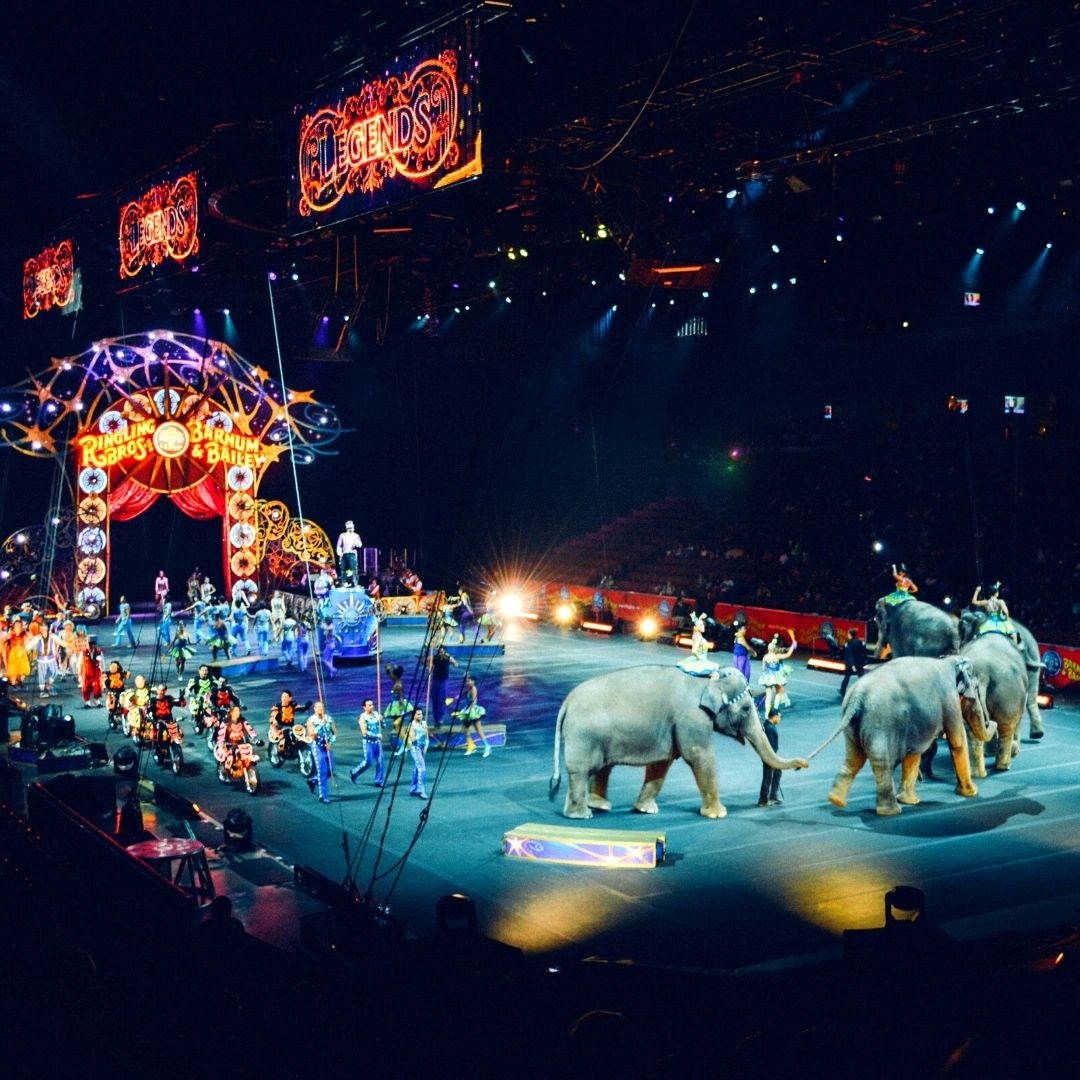
Photo Credit: Unsplash
France Bans Wild Animals In Circuses, 'Historic Step' Towards Fight Against Animal Rights
Writer: Hladinee Borgohain
I hail from a small oil township in Assam. I am currently in my second year of under graduation pursuing B.A (Hons) Economics in Jindal School of Government and Public Policy, Haryana, India. My interests include arenas that encompasses the field of Gender, Development policy, International economics and Government. In my leisure time I enjoy creating digital art and watching movies, especially in languages that I do not understand.
Others/World, 19 Nov 2021 9:47 AM GMT | Updated 19 Nov 2021 9:48 AM GMT
Editor : Snehadri Sarkar |
While he is a massive sports fanatic, his interest also lies in mainstream news and nitpicking trending and less talked about everyday issues.
Creatives : Snehadri Sarkar
While he is a massive sports fanatic, his interest also lies in mainstream news and nitpicking trending and less talked about everyday issues.
Any sort of performance involving wild animals is prohibited in two years, as per the legislation hailed by campaigners.
French lawmakers on November 18 agreed to ban the use of wild animals in live circus shows, including tigers, lions, and bears. Under extensive animal rights legislation that has been proposed since 2020, wildlife performances will be prohibited in two years and their possession would be banned in seven. Once President Emmanuel Macron signs the bill, it will also outlaw live dolphin exhibitions for the next five years and put an end to mink farming, effectively shutting down the country's last operator wrote The Guardian.
The measure was hailed as a "historic step in the fight for animal rights" by Macron's moderate La République en Marche (LREM) party.
Circus owners denounced it, however, while some campaigners felt it didn't go far enough.
Arbitrary Law
William Kerwich, head of the circus animal trainers' union, told AFP: "It's an arbitrary law because there are not mistreated animals in our circuses". The 120 circus owners in France are likely to protest the limits imposed on their businesses, warning that some animals may be abandoned. Supporters defend hunting as a traditional rural sport that is necessary to keep animal numbers in check, while bullfighting is still a part of local culture in some southern French towns.
Support
According to polls, the vast majority of French citizens support the ban of wild circus animals, and dozens of cities and towns around the country have already implemented it. Following discoveries about inhumane treatment and campaigning by animal rights groups, public opinion in Europe has shifted dramatically against animal circuses, which were previously a popular form of family entertainment.
Several recent instances in France have fueled support for the ban, including the death in 2019 of an ailing performing bear named Mischa, who had been rescued from animal trainers, and the 2017 killing of an escaped tiger in Paris.
The maximum penalty for mistreating animals will be increased to five years in prison and a fine of 75,000 euros (about Rs 65 lakh) under the new law, which will also tighten regulations on the sale of pets.
The use of wild animals in television shows, nightclubs, and private parties is also banned under the new legislation. In recent years, The French fur industry has fought a dogged rearguard action against the ban on mink farms and luxury fashion houses going fur-free.
These changes will align France with more than 20 European countries that have already either banned or severely restricted the use of animals for entertainment.
Also Read: India's Ranking Dips By Five Spots In Latest Global Bribery Risk List
 All section
All section













